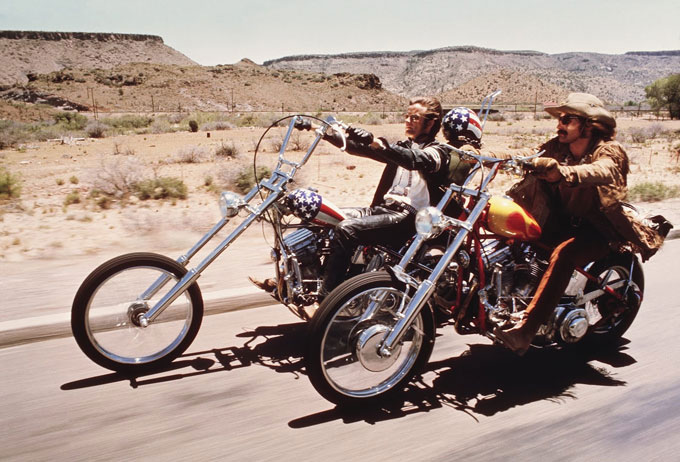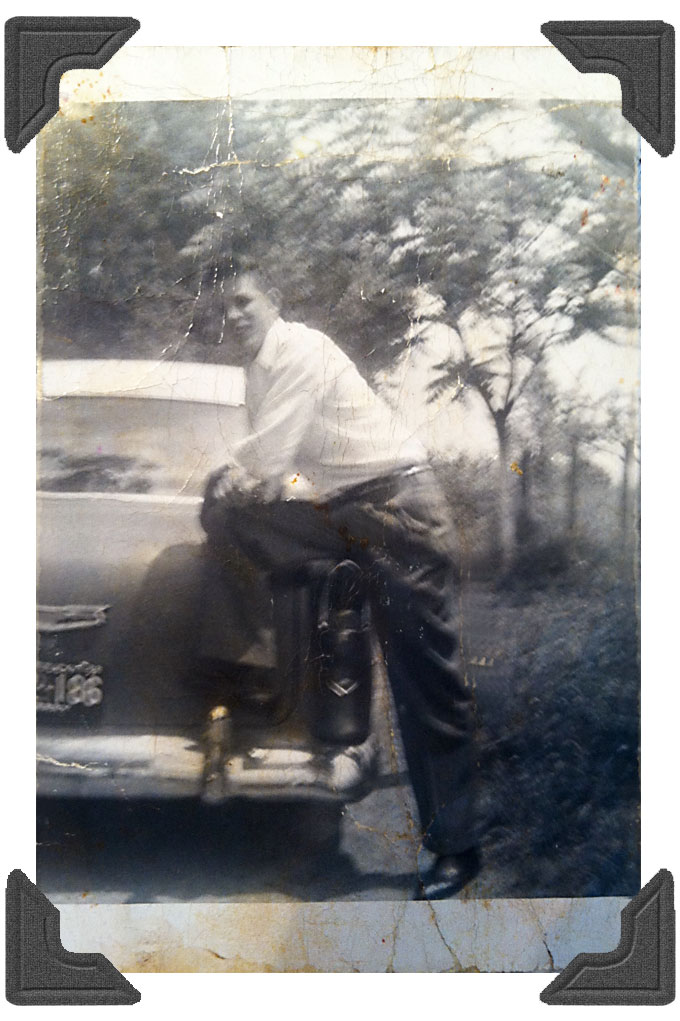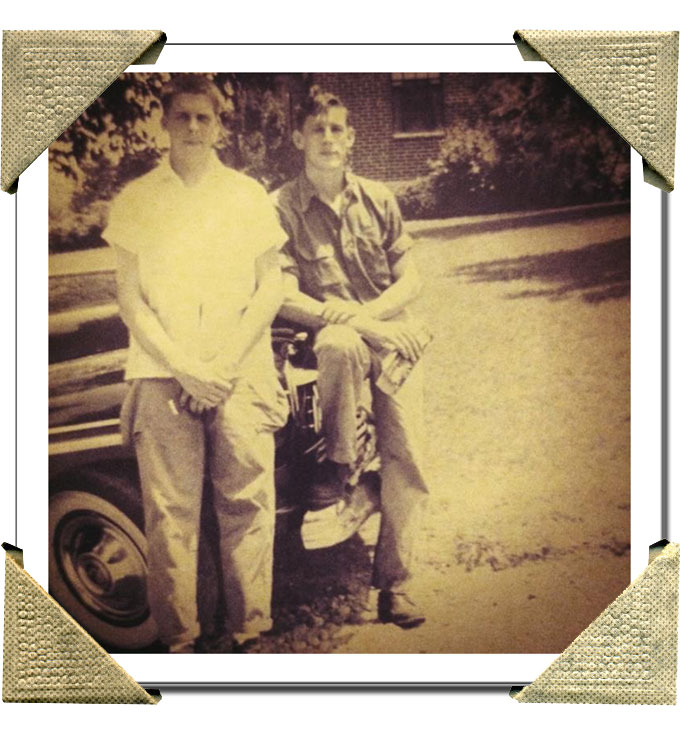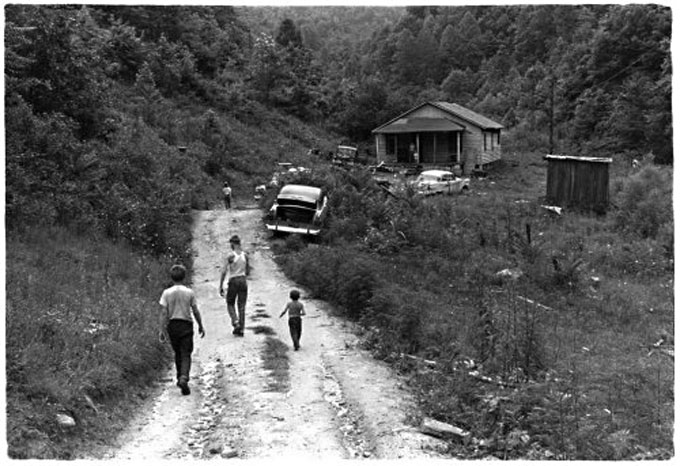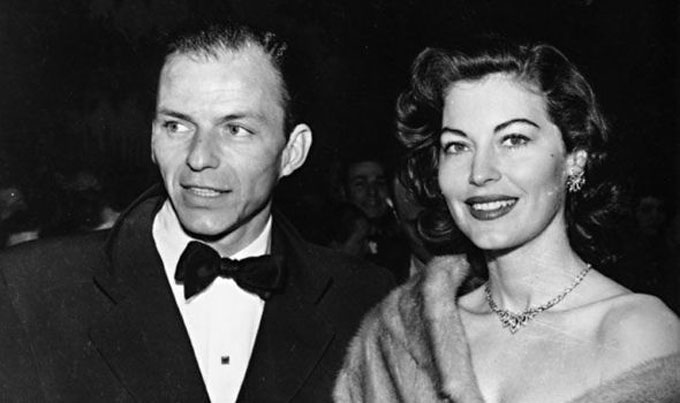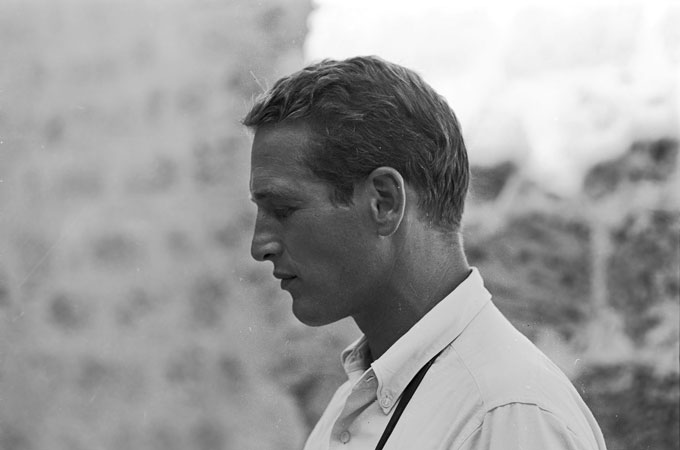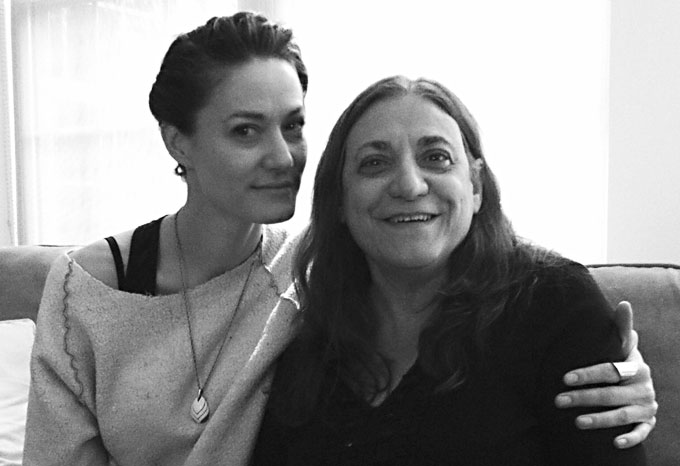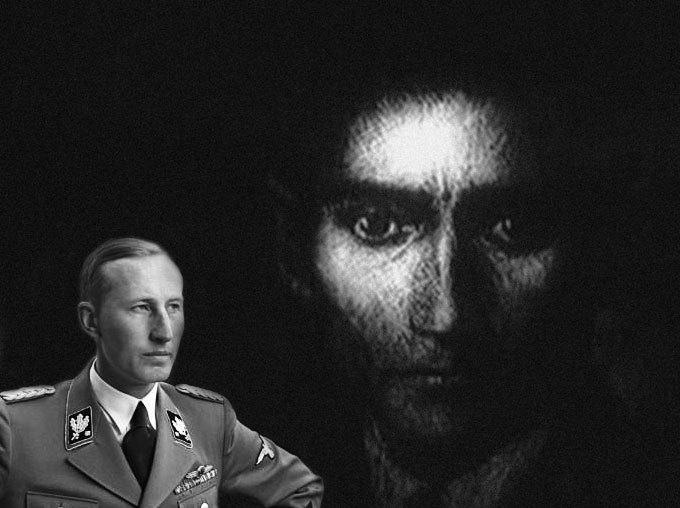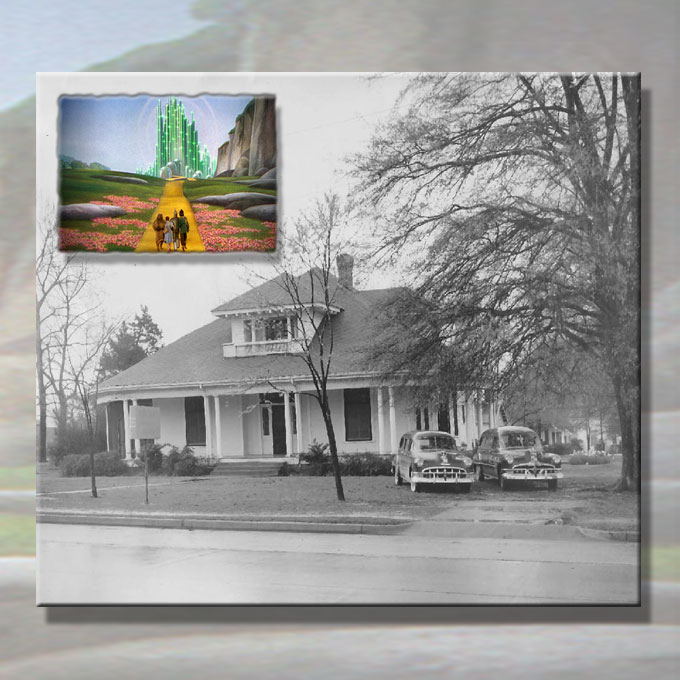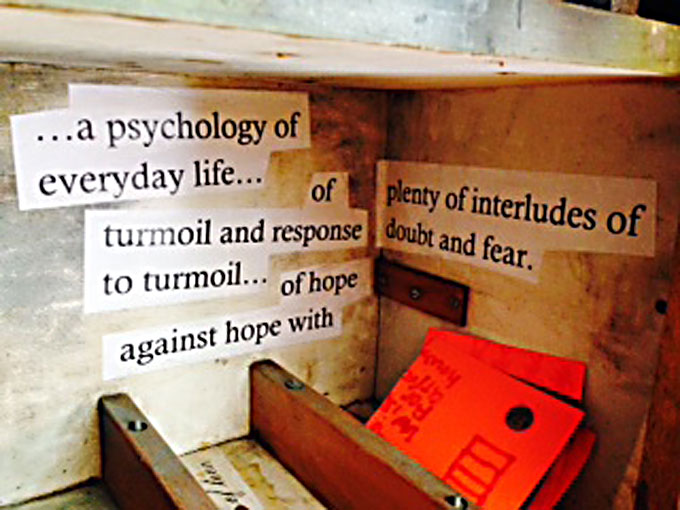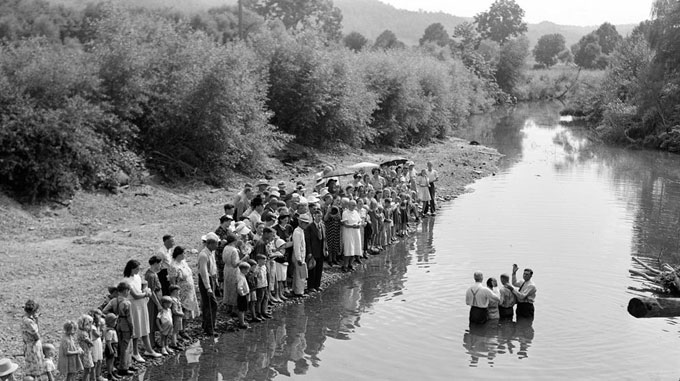Easy Rider
An ache that I was in those days waited in line
so 1969 might tie a red-white-and-blue ribbon
around the adolescent hard-on I was sporting.
My country as first love. Something like that.
I read Dennis Hopper ordered four police bikes;
had each of them painted to stand for Freedom
and giving the raised middle finger to America;
one Old Glory on wheels, one to say that flames
are forever, the trumpet-notes of Harley exhaust
soundtrack for a story of outlaws about to accept
the sword of the fucked world through the heart.
After sitting through the movie, I felt changed—
like one of those police bikes which were later
ripped off, vanished into silver-screen legend.
I’d say it, the film, made me ache for the self
to be thieved from the best of the road ahead
if the road can be right after getting you lost
in the South with long hair and a death wish.
